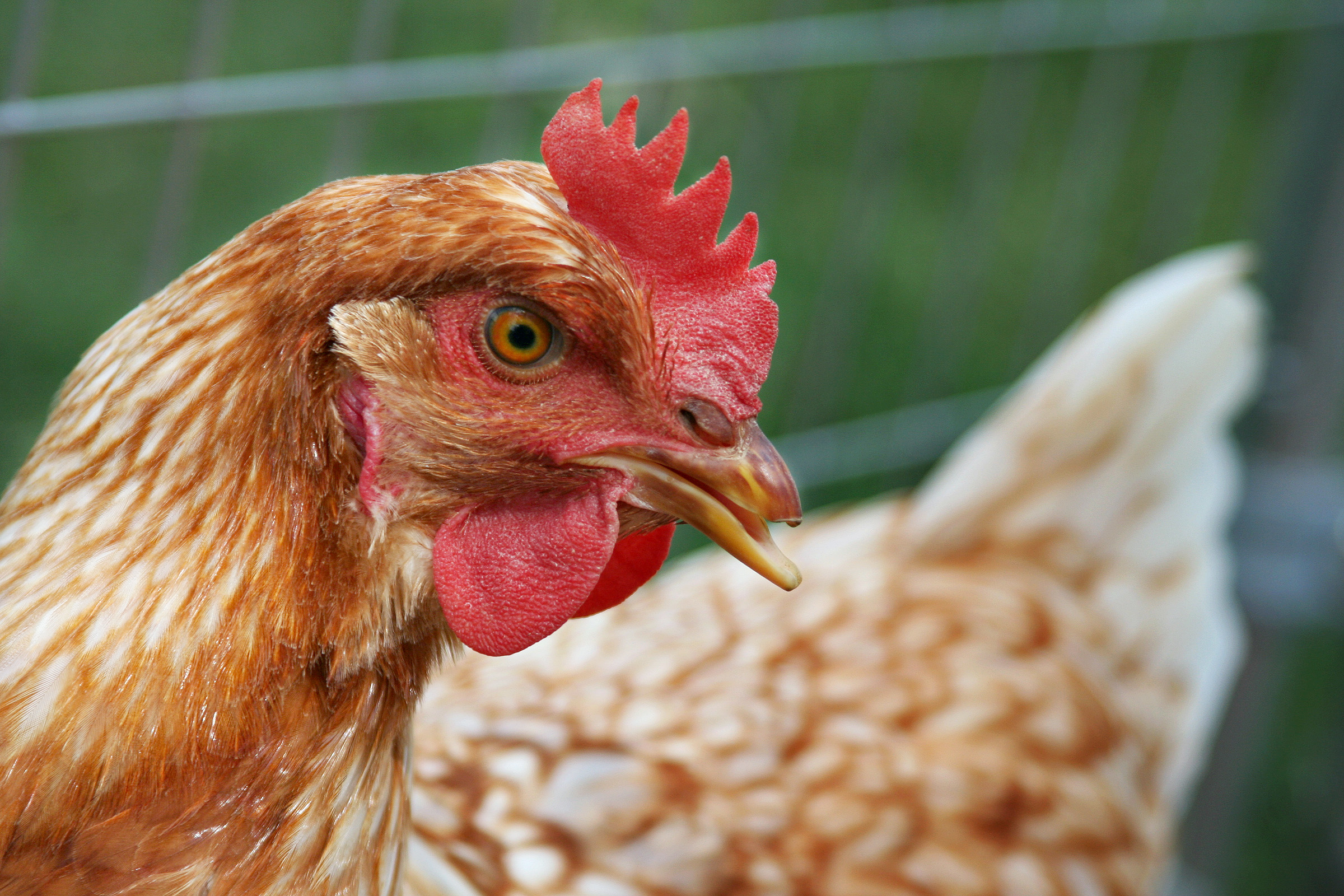The basis of good egg production is a successful rearing phase, at the end of which the hen must have reached her standard body weight with a well-developed frame and good feed intake.
Before arrival of the chicks, it is important to ensure that the brooding area and building interior are all cleaned and disinfected.
One day before delivery of the chicks, set the brooder temperature between 34 and 36 °C. The brooder area must be comfortable, well-ventilated and have dry bedding. Feed efficiency is affected by brooding temperatures. When temperatures drop, the feed efficiency is also reduced as the chick then uses the feed to generate heat instead of growth.
Beak trimming is an important aspect of pullet rearing. This should be performed between 5 and 10 days of age. This is to control the growth of the beak so as to reduce cannibalism, aggressive behaviour and feather-picking. various methods can be applied in beak trimming, such as hot blade and infrared beak treatment.
Body weight and optimum body structure and composition of the pullets are important for early production. The frame size is developed early, and by 12 to 14 weeks of age the size of the pullet is ‘fixed’. It is therefore imperative that birds are fed correctly and that stuntedness is avoided.
Birds having some energy (fat) reserve is also an important factor in preventing post-peak dip that is sometimes observed even when there is no disease and/or management problems. Such issues must be identified and averted even before the birds are transferred to the laying house.

This diagram indicates how to safely trim a chick’s beak. (Relationship Between Body Weight and Beak Characteristics in One-Day-Old White Leghorn Chicks: Its Implications for Beak Trimming – Scientific Figure on ResearchGate. Credit: Alan Fahey)
It is recommended to separate the birds into two to three groups based on body weight as early as possible, and then adjust feeding accordingly so that the underweight birds have a chance to catch up in their development before sexual maturity. The first eight weeks are critical for skeletal development. It is therefore important to feed according to body weight and condition, and not according to age. It is necessary to measure daily water and feed intake.
Any strong deviation from the previous day’s consumption might indicate the onset of disease or technical problems.
Factors that need to be taken into consideration for the poultry lighting programme include: the intensity and uniformity of the light, the duration (photoperiod), the wavelength and the source of the light.
As the pullets approach sexual maturity, they develop an increased sensitivity to light stimulation. The lighting programme generates a photo-sexual response in rearing hens and allows for the harmonisation of the sexual maturity and stimulation of the commencement of laying.
In conclusion, proper management of pullets in the rearing period will be reflected in the laying period. If management was poor in the rearing phase, a poor laying phase will be observed. It is therefore critical that pullets are properly cared for by proper brooding at day old, provision of adequate and appropriate diet to ensure good development and body uniformity, and also a good lighting programme to that allows harmonisation of sexual maturity.
Novatek is well known as Zambia’s leading stock feed producer and distributor. They pride themselves in supplying the best quality feed across the country. For information on Novatek’s wide range of products and quality feed, contact Robert Kanyembo, Novatek National Sales Manager on (+260) 97-125-2522.








